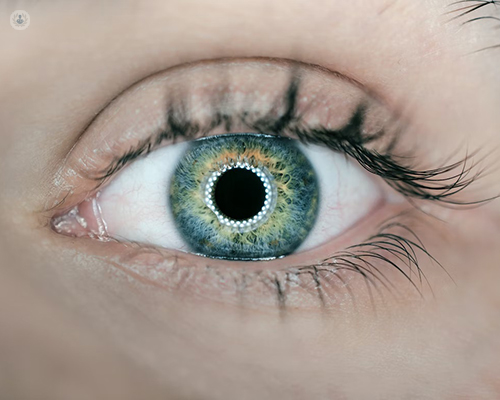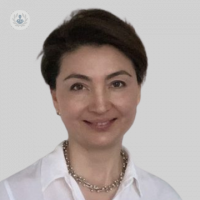How likely am I to suffer cataract surgery complications?
Written in association with:In one of our latest articles here, highly experienced, skilled, and trusted consultant ophthalmologist, Ms Shohista Saidkasimova, details how cataract surgery is performed, reveals what the most common reported complications are, and tells us what the chances of suffering cataract surgery complications are.
How is cataract surgery performed?
It is performed under topical anaesthetic as a day-case procedure. On average, it takes between 10 to 15 minutes to perform. The surgery is performed using a high-frequency ultrasound. The damage to the surrounding tissue is minimal.
What are the main reported complications?
During the procedure, it is possible to injure the bag where the lens sits. This is one of the most common complications. Other common complications include the following:
- infection
- pain
- blurred vision
- suprachoroidal haemorrhage
- unexpected refractive error
- instability of the lens in the bag
- inflammation
- raised eye pressure
How likely am I to suffer cataract surgery complications?
Overall, cataract surgery is a fairly safe procedure. Over 95 per cent of patients who undergo the surgery will notice improved vision after the surgery has been performed on them.
What factors might influence my chances of suffering cataract surgery complications?
This is mainly related to pre-existing history. There are certain conditions that may increase the instability of the lens, such as previous trauma, previous scar formation around the lens, previous retinal surgery, and very high short-sightedness. Having said that though, as previously mentioned, the risk factors are quite low.
Ms Shohista Saidkasimova is a highly respected consultant ophthalmologist. If you are considering undergoing cataract surgery in the near future, make sure you book an appointment with her today by visiting her Top Doctors profile.




